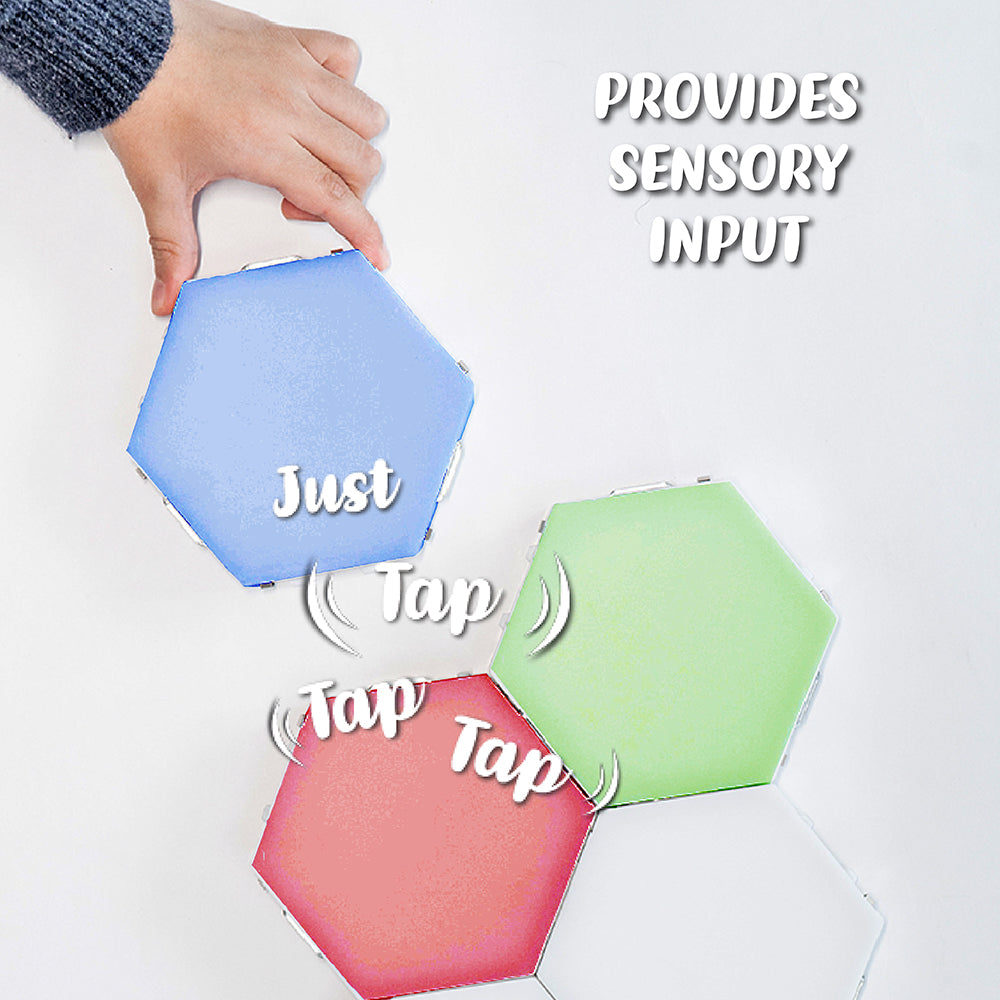Empowering Autistic Children Through Adaptive Sports Programs

For children on the autism spectrum, the vibrant thread of physical activity, especially through adaptive sports, can be a transformative force, infusing strength, confidence, and joy into their lives.
Consider a soccer field where the thud of a kicked ball, the cheers of supporters, and the bright green turf coalesce into a symphony of sensations. For autistic children, such an environment might initially be overwhelming. However, with the appropriate adjustments, it metamorphoses into a platform for victory. Adaptive sports programs are meticulously tailored to cater to the unique needs of participants, allowing each child to engage at their own rhythm and in their own style.
These programs are not a cure-all; rather, they represent a stepping stone. They offer structure coupled with flexibility, rules interwoven with creativity, and challenges met with unwavering support. They extend beyond the physical perks of exercise, fostering social interaction, honing communication skills, and bolstering self-esteem.
Take Emma's story, for example. Diagnosed with autism at the tender age of three, she faced challenges with verbal communication and was prone to sensory overload. Her parents, concerned about the potential sensory assault, were initially reluctant to enroll her in a soccer program. Yet, the adaptive sports program they found was a revelation.
Emma's odyssey through the program was a testament to the potent influence of adaptive sports. The coaches employed visual aids for drill instructions, and the team donned uniforms designed with sensory-sensitive individuals in mind. The soccer ball was a special, softer version, mitigating the startling noise when struck. For Emma, the soccer field transformed into a haven of joy—a space where she could freely express herself and forge connections, unburdened by her challenges.
Academic research corroborates the advantages of adaptive sports for children with autism. Studies have observed enhancements in motor skills, enriched social engagement, and even cognitive growth. Yet, the true impact on a child's self-worth and their expanded worldview is immeasurable.
While adaptive sports programs face obstacles such as accessibility, funding, and awareness, the resilience of these initiatives mirrors the perseverance of the children they support. Communities are rallying, volunteers are stepping forward, and novel resources are being developed to ensure these opportunities are not ephemeral, but enduring elements in the lives of children with autism.
 Learn more about the TAP-TAP Sensory Lights and their role in creating sensory-friendly environments.
Learn more about the TAP-TAP Sensory Lights and their role in creating sensory-friendly environments.
The narrative of adaptive sports would be incomplete without acknowledging the coaches, therapists, and educators who are the masterminds behind these programs. Their unwavering commitment to fostering an inclusive and nurturing atmosphere is the cornerstone of success. They are the unsung champions, laboring tirelessly to guarantee that each child can participate and flourish.
Parents also play an indispensable role. Their advocacy and encouragement are vital for the prosperity of these programs. Through sharing their experiences, they dispel myths and foster understanding. It is this collective endeavor that unlocks the full potential of adaptive sports programs.
Looking ahead, technological advancements continue to broaden the horizons for accessibility and engagement. From virtual reality setups that replicate sports settings to applications offering visual schedules, the future is aglow with potential. Yet, it is the authentic, heartfelt aspects of these programs that resonate most profoundly—the high-five from a coach, the applause from a peer, the elation of a goal achieved. These moments are the threads that, when interlaced, craft a tapestry of empowerment enveloping the globe.
In a world often fixated on deficits, adaptive sports programs illuminate the spectrum of abilities. They reinforce the notion that every child has a rightful place in the realm of play, and each one deserves the opportunity to pursue their aspirations, irrespective of the hurdles they may encounter.
